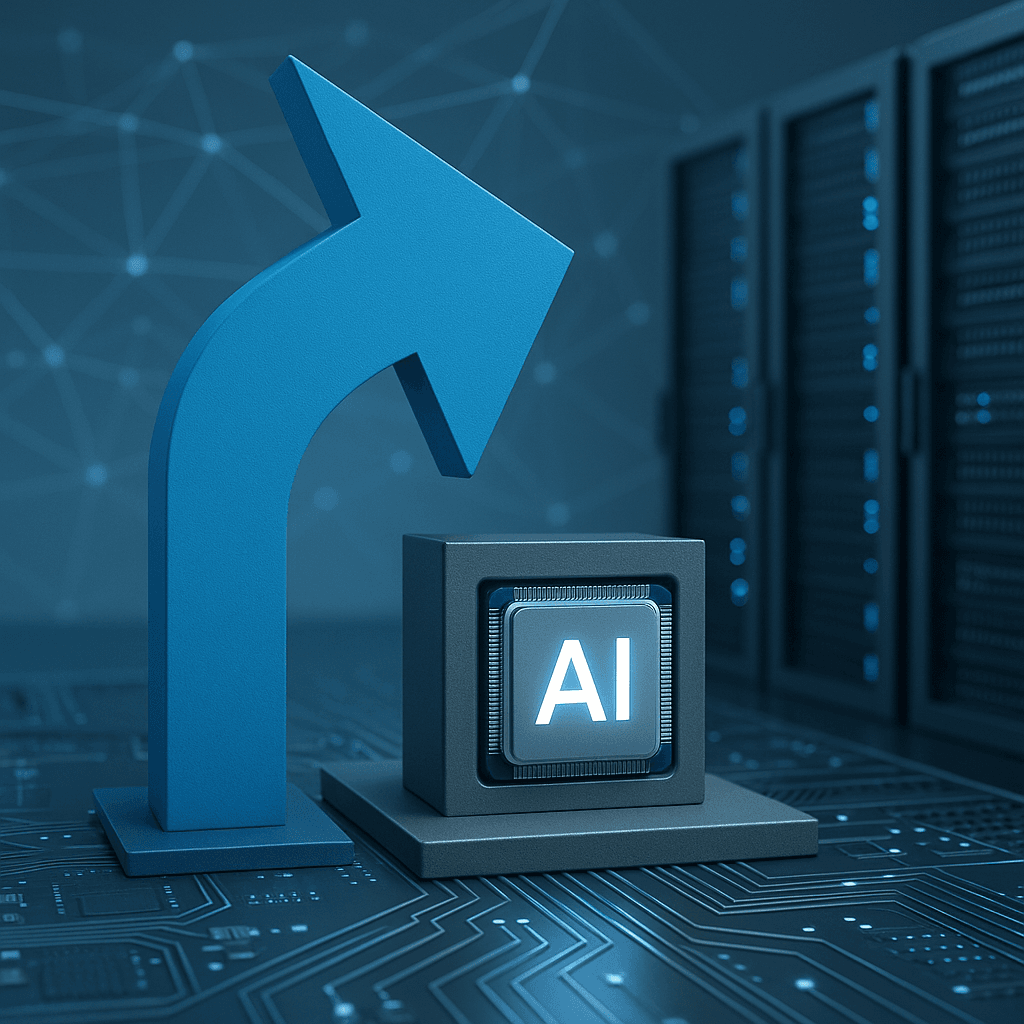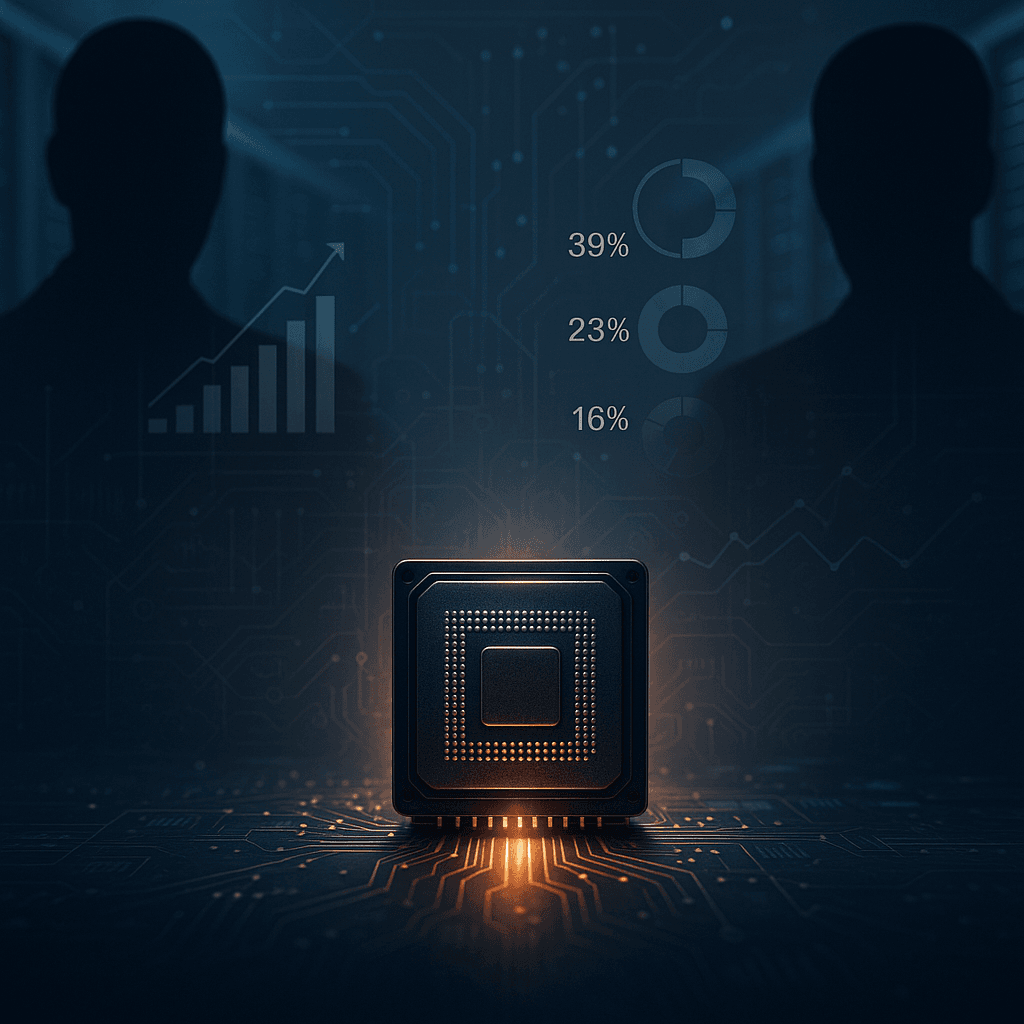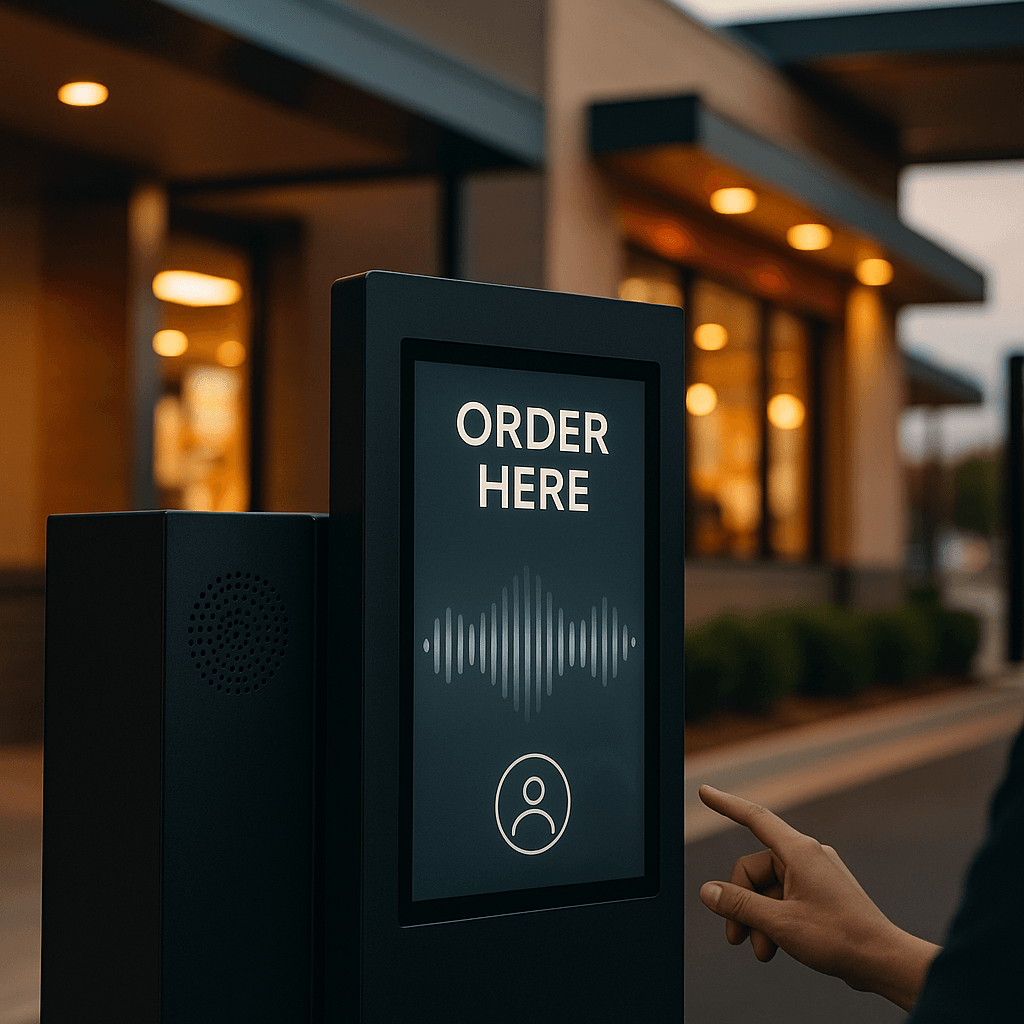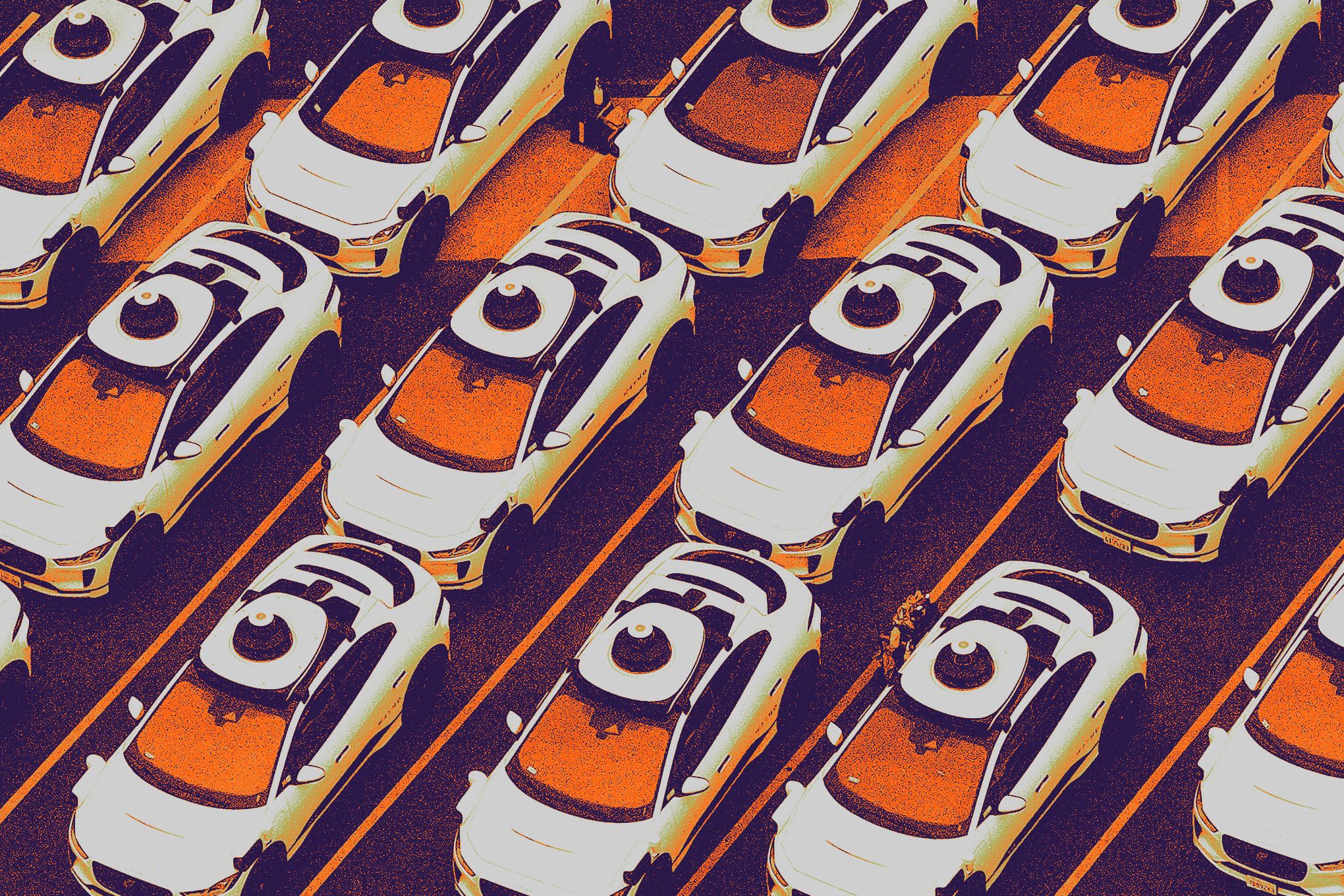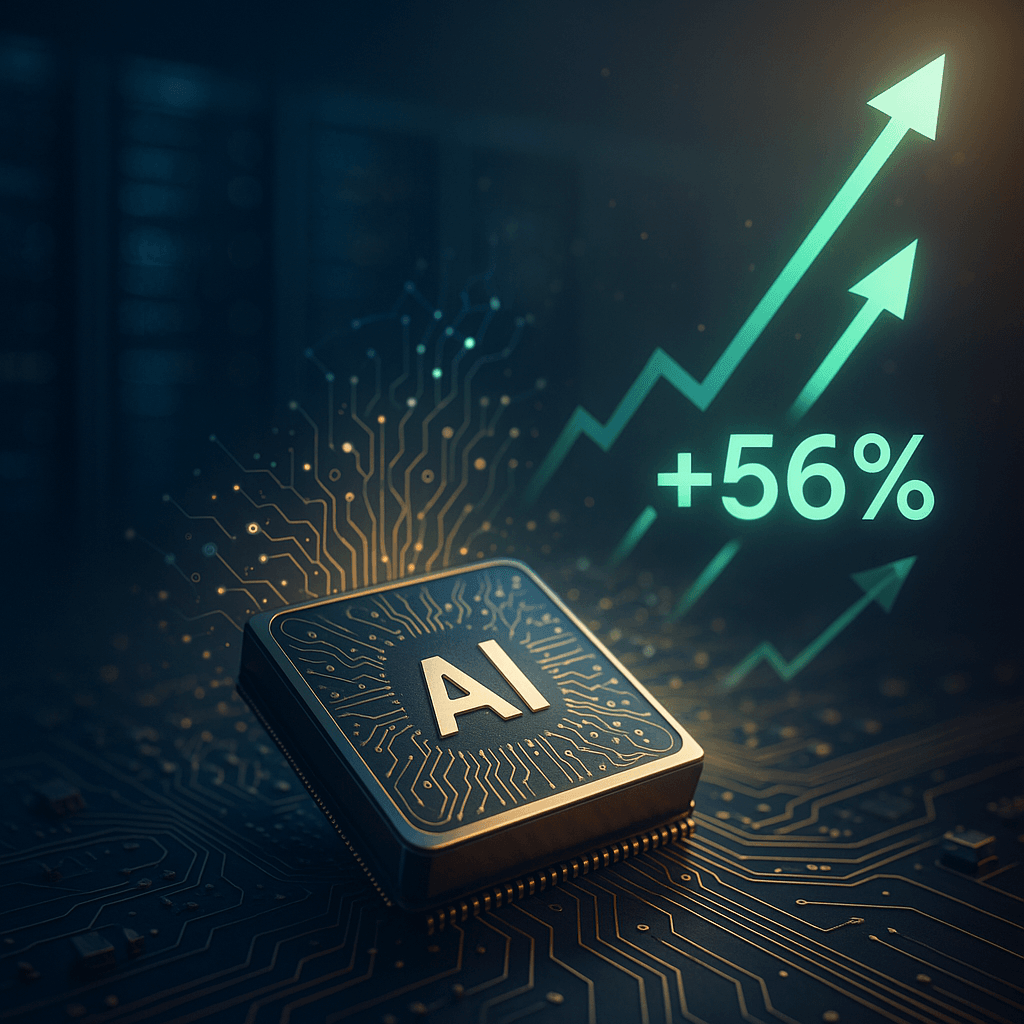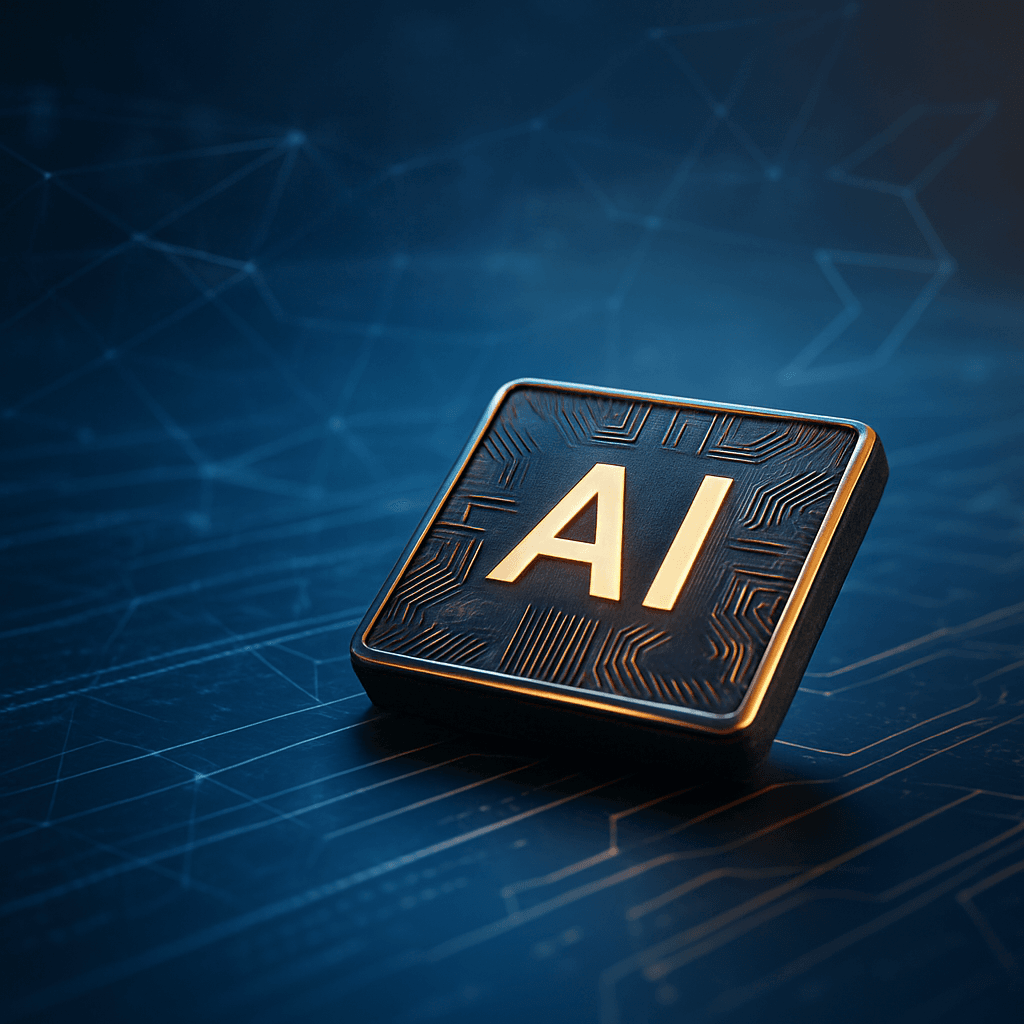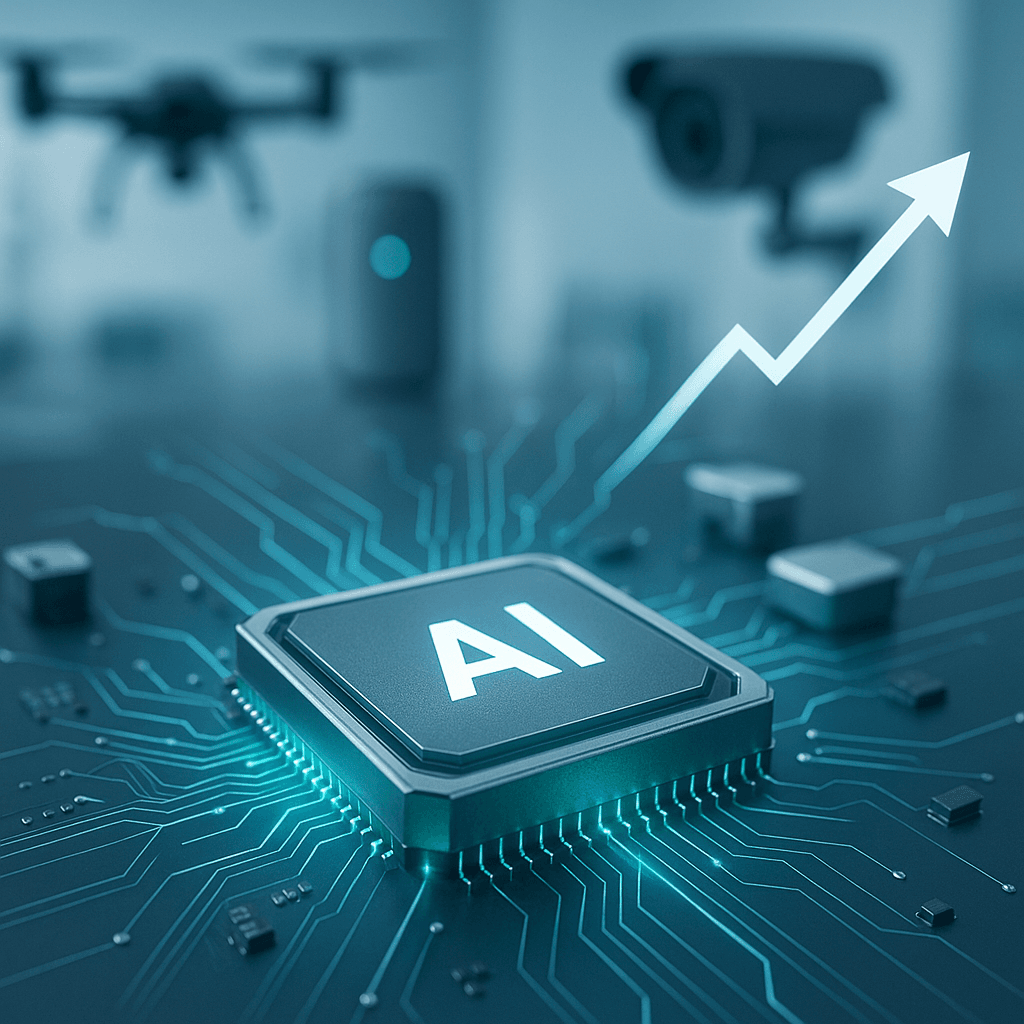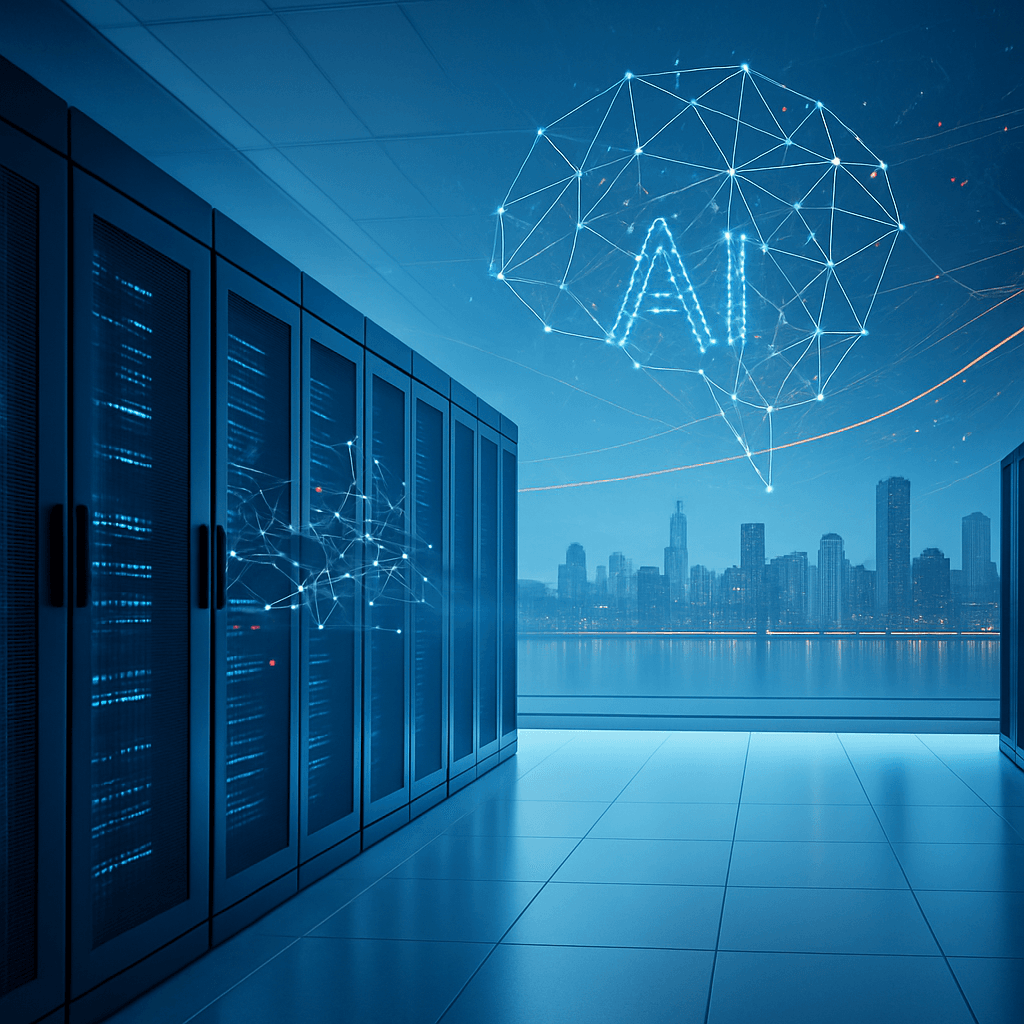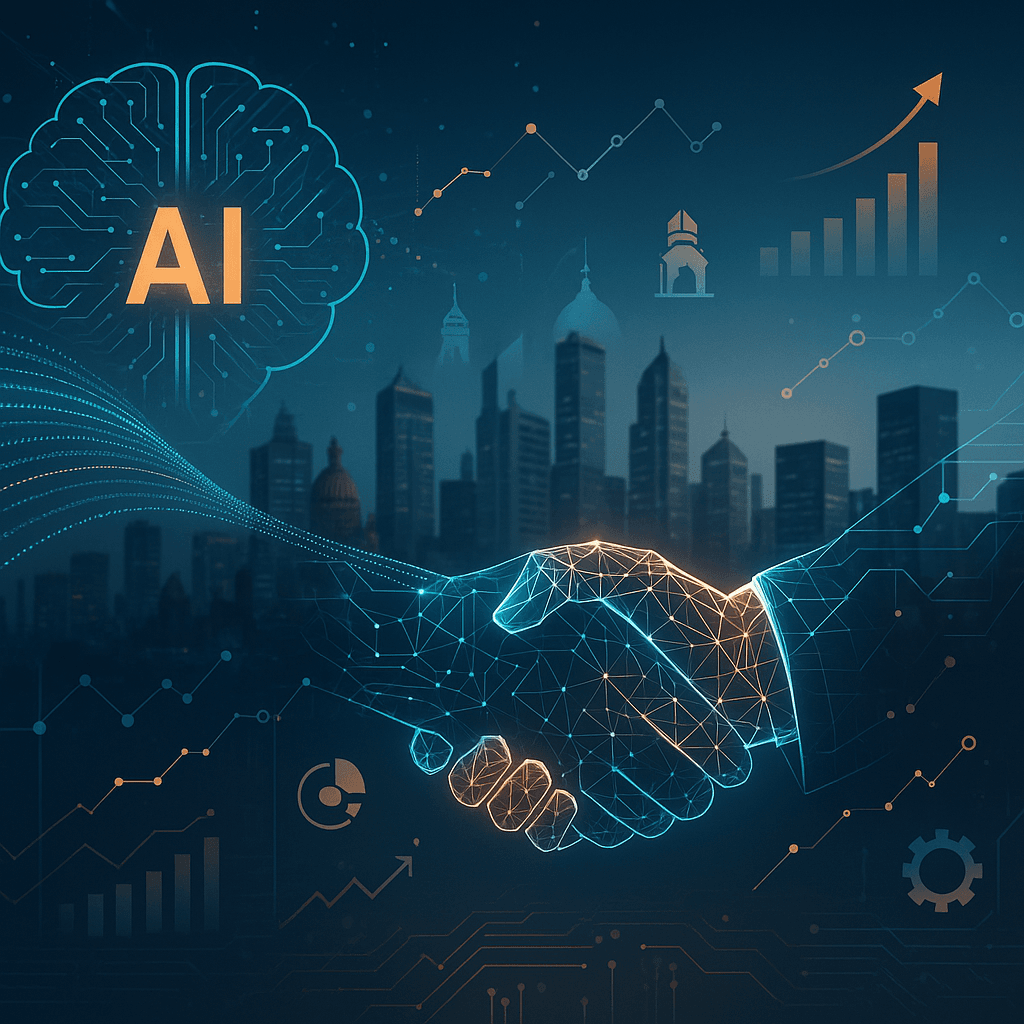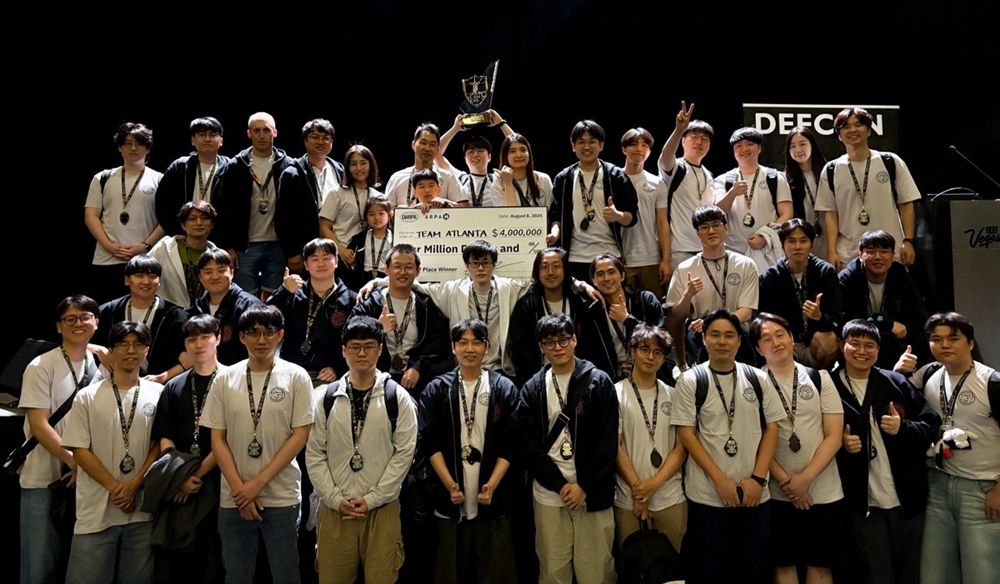TL;DR:
• Tesla shuts down Dojo AI supercomputer project, disbanding entire team
• Strategic pivot to AI5/AI6 chips manufactured by TSMC and Samsung
• $500M Buffalo facility investment now uncertain
• Signals major shift in Tesla's autonomous vehicle strategy amid falling EV sales
Tesla just pulled the plug on one of its most ambitious AI projects. CEO Elon Musk confirmed Sunday that the company has disbanded its entire Dojo supercomputer team, calling the billion-dollar AI training initiative "an evolutionary dead end" as Tesla pivots to its next-generation AI6 chip architecture.
Elon Musk just delivered a bombshell that reshapes Tesla's entire AI strategy. The billionaire CEO confirmed via X Sunday that Tesla has completely shut down its Dojo supercomputer project, barely weeks after telling investors the second-generation system would be "operating at scale" by 2026. "Once it became clear that all paths converged to AI6, I had to shut down Dojo and make some tough personnel choices, as Dojo 2 was now an evolutionary dead end," Musk posted, revealing the abrupt strategic pivot that caught the industry off guard. The news sent shockwaves through the AI infrastructure space, with Nvidia shares dipping in after-hours trading as investors processed the implications for custom chip development. Tesla's original Dojo vision centered on a massive supercomputer powered by proprietary D1 chips, designed specifically to train the neural networks behind full self-driving capabilities. The company had invested heavily in the project since 2019, including a $500 million facility in Buffalo, New York that now faces an uncertain future. "It doesn't make sense for Tesla to divide its resources and scale two quite different AI chip designs," Musk explained in a late Friday post that foreshadowed Sunday's announcement. The shift represents a dramatic consolidation around Tesla's AI5 and AI6 architectures, manufactured by semiconductor giants TSMC and Samsung respectively. Industry analysts see this as Tesla acknowledging the brutal economics of custom silicon development. "Building your own chips is incredibly capital-intensive," explains semiconductor analyst Dan Hutcheson of TechInsights. "Musk is essentially admitting that leveraging existing foundry capacity makes more financial sense." The AI5 chip focuses primarily on Tesla's Full Self-Driving system, while the more ambitious AI6 promises to power both in-vehicle inference and Tesla's humanoid robot ambitions. Musk suggested the AI6 architecture could essentially become "Dojo 3" when deployed at scale across multiple boards, dramatically reducing network complexity and costs. The timing couldn't be more critical for Tesla, which faces mounting pressure from declining EV sales and brand damage from Musk's political controversies. The company's robotaxi demonstration in Austin this summer was marred by , raising questions about Tesla's autonomous vehicle timeline. Tesla's pivot away from Dojo also signals a broader industry trend toward specialization. While companies like continue developing custom TPUs and pushes its Trainium chips, Tesla appears to be betting that general-purpose architectures manufactured at scale will ultimately prove more cost-effective. The shutdown affects hundreds of engineers who had been working on the D2 chip architecture, with Musk acknowledging the "tough personnel choices" required. Tesla hasn't responded to requests for comment about potential layoffs or the fate of the Buffalo facility. What remains unclear is the status of Cortex, another AI training supercluster Musk touted last August as Tesla's next-generation training infrastructure. The project, described as being built at Tesla's Austin headquarters, hasn't been mentioned in recent communications, suggesting it too may have been absorbed into the broader AI6 strategy.
